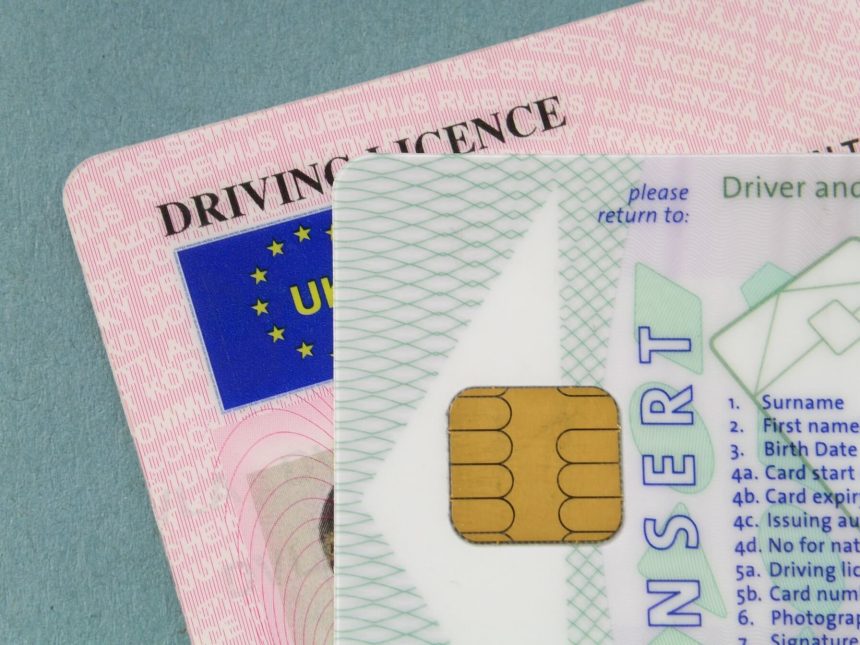Q
How will the holiday pay and entitlement reforms affect my drivers who only drive on home-to-school services?
A
The new regulations introduce the “accrual method” and “rolled-up holiday pay” for irregular hours workers and part-year workers. The changes take effect for leave years beginning on or after 1 April.
A part-year worker is one who, under the terms of their contract, is required to work only part of a year and there are periods within that year of at least one week where they are not required to work and for which they are not paid.
You might think drivers who only work term-time are part-year workers but, if wages are paid pro-rata throughout the year (for example, they receive a fixed salary every month or week), they are not.
Only term-time drivers who do not work and are not paid during school holidays will meet the definition.
If drivers do not meet this definition, there will be no change in how statutory holiday entitlement is accrued.
Holiday entitlement for part-year or irregular hours workers will be calculated using the accrual method — 12.07% of actual hours worked in a pay period (in other words, how frequently a driver gets paid).
Operators will also be able to apply rolled-up holiday pay to these workers — in other words, an additional amount (12.07% of pay) to account for holiday pay as it accrues (with no holiday pay when the worker takes annual leave).
The regulations also provide methods for calculating leave for workers on maternity, family or sick leave and information on carrying over leave. Operators must ensure they identify which drivers are irregular hours or part-year workers and apply the correct holiday entitlements and pay to avoid claims.
Q
One of my drivers will not consent to driving licence checks. What is my recourse if they continue to refuse?
A
Operators must check all drivers’ (including agency drivers’) licences at the outset of employment (before allowing them to drive) and on a regular basis (at least quarterly but adopting a risk-based approach checking drivers with points more frequently) to ensure drivers are always lawful to drive.
An operator’s approach to licence checks should be embodied in a written policy issued to drivers at induction.
Operators risk prosecution and/or action from the Traffic Commissioner if drivers do not have a valid licence. It could also invalidate insurance.
A driver refusing to consent to licence checks presents difficulties; however, under no circumstances should you allow drivers who refuse to be subject to licence checks to drive.
The first step is to speak with the driver to explain your legal obligations, your policy in relation to licence checks and the consequences to you both. You should also ask them to provide their reasons for refusing.
If no valid reason is given (it is difficult to envisage what valid reason might exist!), the driver should be reminded they must obey any lawful and reasonable management requests or be subject to disciplinary action. If, despite your discussion, the driver still refuses to be subject to licence checks, you should follow your disciplinary procedure.
It might be that instigating disciplinary proceedings is sufficient to encourage the driver to consent to the checks; however, if they still refuse, dismissal (or ceasing to use an agency driver) is the only likely recourse.
Dismissal is an objective test. ‘Illegality’ and ‘capability’ are both potentially fair reasons to dismiss and fall within the range of reasonable responses that an operator in this situation might adopt.
It perhaps goes without saying that dismissal of a driver that can’t drive, or is unwilling to prove their eligibility, is a reasonable response. If this scenario arose at the recruitment stage, an operator would be unwise to continue with recruitment of that driver.
[Answers by Laura Hadzik, Partner; Nosheen Akhtar, Trainee Solicitor; Hannah Jackson, Paralegal]
- For a free legal consultation with JMW Solicitors, contact Laura Hadzik on laura.hadzik@jmw.co.uk/0345 450 7726
- Email your legal questions for future issues to routeone on editorial@route-one.net



























